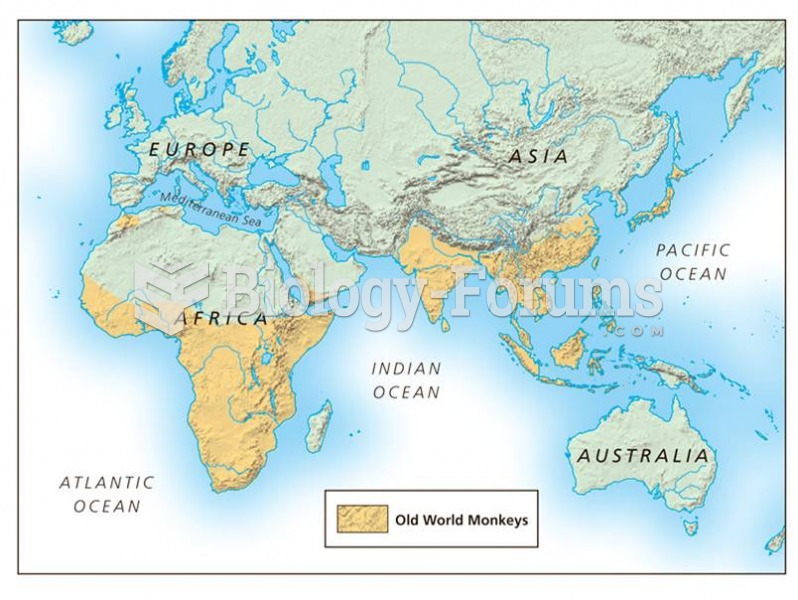Answer to Question 1
Answer: In two waves of exploration and conquest European countries dominated most of the rest of the world. The major reason European countries engaged in building large empires was to protect their commercial investments in foreign lands and to control these lands as markets for themselves. At the beginning of the age of the European voyages, European demand for foreign products grew rapidly and soon, the Europeans were no longer content to trade with native peoples for these goods, and the Europeans themselves established overseas estates and plantations and applied large-scale techniques to specialized production. During the second wave, the European powers were joined by the United States, which had freed itself from imperial rule less than a hundred years earlier. The western countries of Europe and the United States had an enormous influence on the lands they controlled. The western countries competed among themselves for access and control of raw materials that would benefit their home economies. In many places, European companies took land and resources that had belonged to local cultural groups. Many local peoples were forced to work at mining, agriculture, and forestry to move raw materials to ships waiting to set sail for Europe.
Answer to Question 2
Answer: Karl Marx (1818-1895) was the founder of historical materialism, a sequence of stages that are defined by how cultures and societies organize the production of all economic goods. Historical materialism pays close attention to technological change because it alters how humans make a living. Those who can control the technologies of economic activity benefit disproportionately because other people rely on them for meeting their needs. Thus, changes in the economic system of a culture or society produce changes in other aspects of that culture or society. Today, no one doubts that science and technology progress almost constantly, and that these changes often reshape society's economic, political, and even philosophical condition.







